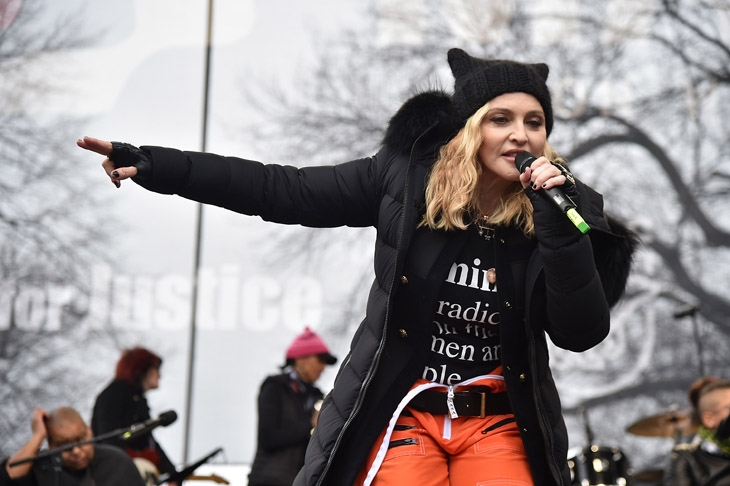Paul Johnson once wrote that the ability to say ‘really’ in 12 different ways was the birthright of every true Englishman, or woman. Really rather awkward. Really dreadful. Really good effort. Really went to town. I know him really well. Did she really mean that? I mean, really! One word, many meanings.
‘Ghastly’ is another thoroughly English word, in tone and application. Its meaning is implicit, rather than explicit. It’s a word shared by people of similar (that is to say, well-brought-up) backgrounds, which makes it all the more surprising that Tatler magazine, which likes to present itself as a guide for metropolitan smarties, has declared ghastly to be ‘unfashionable’.
Michael Henderson defends ‘ghastly’ on the podcast:
As many of Tatler’s readers might say in response: how ghastly. Some words do pop into fashion and then pop out again, but ghastly is not one of them. It is here to stay because — with the emphasis firmly on that long a — it does a job no other word can do.
Ghastly does not mean frightful, or vulgar. When Lord Charteris called Sarah Ferguson ‘vulgar’, three times, he chose his words carefully. Some people are manifestly ghastly: Jonathan Ross, Salman ‘speaking as an artist’ Rushdie, Yasmin Alibhai-Brown, Victoria Beckham. If you saw any of them walking up your drive, the shutters would come down fairly quickly.
Polly Toynbee of Gospel Oak and Tuscany, who tripped over a joke four decades ago and has taken pains not to suffer the indignity again, is ghastly. Nigel Kennedy, a potty–mouthed Peter Pan, is ghastly. ‘Nigel was never meant to grow up,’ says somebody who knew him when he was a well-spoken schoolboy. José Mourinho, the manager of Manchester United, is ghastly even by the standards of football, which are comfortably the worst of any professional sport.
You can throw in Robert Peston and Alan Yentob, who can argue about top billing until the cows come home. Vivienne Westwood belongs to the club, as does Nicola Sturgeon, whose Arctic smile could curdle a jug of milk.
For all-round ghastliness of exceptional tenacity it is impossible to best Madonna, who is dropping her drawers to great applause in her sixth decade. In that business there will never be a shortage of successors. Right now the race is led by Lily Allen, who has a pork pie where her brain should be, though some judges have paid out good money on Charlotte Church to overtake her in the final furlong.
One or two don’t quite fit in. Owen Jones, the stroppy teenage scribbler, may be a bore but he is not ghastly. Paul Mason, the Lenin of Leigh, who talks like the love child of Fred Dibnah and Maxine Peake, is absurd not ghastly. With that woe-is-me appearance, and ringing catchphrase, ‘It’s all going on out thurrr,’ he really ought to be playing the summer season on Blackpool’s south pier.
Of those who kick with the right foot, the Hamiltons come as two for the price of one. No doubt some would throw in Nigel Farage and Piers Morgan but Farage, as even his detractors may acknowledge, is often funny, and Morgan’s me-me-me act allows for some self-mockery. He’s playing a role. It’s not Hamlet but it helps to fill a scene or two.
The lefties are ghastly, so many of them, because, like Rousseau, they believe in the perfectibility of man, and are peeved when life, with its muck and nettles, disappoints them. Possessed by a sense of virtue they deny to others, it is no surprise that so many become humourless prigs. So keep that word close to hand, Tatler. There’s never been a better time to use it.






Comments